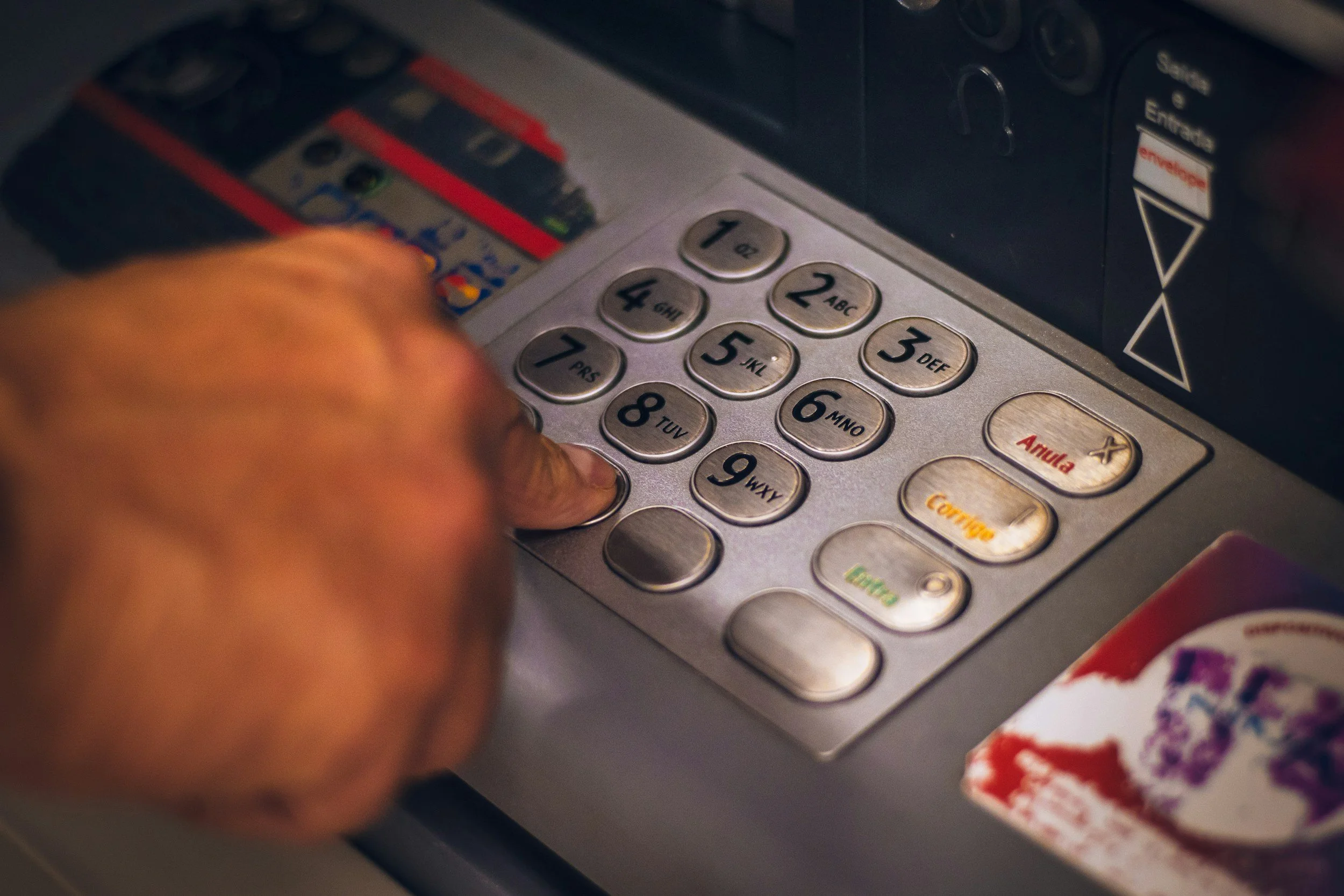
White-Collar Defense
The White-Collar Defense Blog highlights recent developments and analysis from white-collar cases around the country, including healthcare fraud, procurement fraud, cryptocurrency fraud, computer fraud, securities fraud, commodities fraud, import fraud, insider trading, investment fraud, and money laundering.

Up next for DOJ: Import Fraud
A Primer for Facing Federal Import Fraud or Customs Evasion Charges

Bitcoin Treasury Companies: Fraud on the Horizon
Bitcoin Treasury Companies Are Rising Fast — But So Are the Risks

Bank Fraud: Mounting a Defense
Defending against allegations of bank fraud requires sophisticated counsel who can identify and exploit weaknesses in the government’s case.

Insider Trading: A primer for individuals to understand its definition and defenses.
In the complex world of securities trading, few violations carry as severe consequences as insider trading. Criminal penalties can reach up to 25 years in prison, and civil fines can extend into millions of dollars. Understanding what constitutes insider trading has therefore become essential for anyone involved in financial markets.

Procurement Fraud Defense: On the Law-Enforcement Horizon
With DOGE and fraud, waste, and abuse at the forefront of most public statements by Trump Administration officials, it is a near certainty that an uptick in federal investigations and indictments for procurement fraud cases will follow. Defending procurement fraud cases requires knowledge of the relevant statutes, know-how in deconstructing them, and trial skills.

Warrantless “Border Searches” of Cellphones: A Decision on Deck with the Second Circuit
Warrantless cellphone border searches are at the center of a major case scheduled for oral argument before the U.S. Court of Appeals for the Second Circuit on June 24, 2025. In United States v. Smith, No. 24-1680 (2d Cir.), the court will decide whether federal agents can search a mobile device at the border without obtaining a warrant—and whether evidence from such a search should be suppressed if a constitutional violation occurred.
